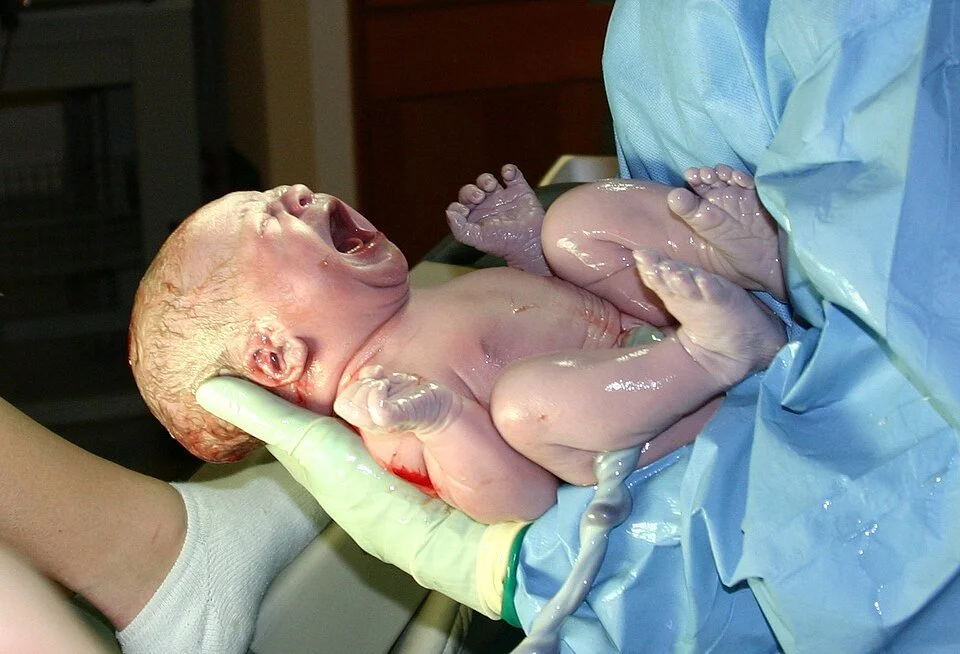Origin of the "floating-stop-loss" - how former days of broking shaped a trading career
Walking past customer service and a phone rings.
Seeing the staff all attending to other calls, I answered it...
"Sir, I have a problem with your trading platform. Why isn't there an option to stop the market from hitting my stop loss?
"Can you elaborate please?"
"When price moves to my stop loss, it gets me out."
"Okay, let me check what's happening...
You're saying you placed a stop-loss order. And when the price traded at the same price as your stop loss, your stop loss order was triggered, exiting you from the market. Is that what happened?"
"Yes, that's the problem."
"What? Was there a problem with the price your order traded at?"
"No, it traded at the price of my stop loss."
Thinking there might be a crossed wire or misunderstanding I asked for more details
"Right. Please elaborate?"
"If the price is about to hit my stop loss, why isn't an option to automatically move my stop loss further away?"
Momentarily confused - it then dawned on me...
"Aaaah, okay, let me check I have this right...
You place a stop loss order because you are setting a minimum amount of money you're prepared to lose on your trade if it doesn't go your way: right so far?"
"Ye-es" (sounding more like "sort of")
"But, if the price looks like it is about to trigger your stop-loss order, you want the stop-loss order to move further away so it doesn't get hit"
"Yes, yes"
"So you want a "floating stop-loss" so you don't get stopped out if the price moves close to your" he cuts me off:
"Yes, yes, how do I do it?".....
And so the term 'floating-stop-loss" was born.
New-born baby, Ernest F, Creative Commons Attribution-Share Alike 3.0 Unported license.
So why the story?
Was it unusual?
Yes and no.
The request certainly was a first.
But what's happening within that trader's mind is extremely common, as you'll see in a minute.
A profound discovery in trading is realising you're not unique.
Guess what?
If you're not unique, then every trader isn't unique.
Who hasn't moved a stop-loss?
"I'll just give it a bit more room."
Sound familiar?
No One Is Unique.
💡 Lightbulb moment!
More on that in a moment.
Meanwhile, why does this moving of stops happen?
Traders move stops when they:
Don't accept the outcome of each trade as random.
Have an expectation the market will act a certain way.
Have a fear of losing money.
Don't want to be wrong.
So you agree right?
The root cause of moving your stop is no trading edge.
Because you only have a trading edge if you've traded a specific strategy hundreds of times to prove it has a positive expectancy.
Look:
When you've traded a strategy hundreds of times that has a legitimate edge a funny thing happens:
You've doubted time and time again a trade will work, only to see it work.
Repeatedly, you've been sure "this trade" will work, only to see it lose.
And yet despite all of that:
Overall you make money.
You can't help develop new internal beliefs:
You accept the outcome of each trade is random.
You ignore acting on what you think, only acting on your edge.
You're not fearful of losing money on the next trade because your edge makes you money over a meaningful sample size of trades. So the more trades you make, the sooner you expererience profit.
You're indifferent towards trade outcomes because you've learned making money has zero to do with being right or wrong.
Right?
Back to the lightbulb 💡...
What eventually happens when you move a stop further away? You experience a drawdown so painful you must exit the market.
This phenomenon occurs over and over every day in the market.
Truth is:
It takes traders years to build a catalogue of trades that have edge. (Also known as a playbook). That's why traders, once they understand they need it, choose to either trade at a firm or seek mentoring to replicate an existing playbook with edge - because it's a massive shortcut to profitable trading.
But how many traders do this?
Too few. That's why time and time again, you see broker reports proving 80% of traders lose.
Here's the point:
Every day the market targets traders without edge, poking the emotional-drawdown bear.
Not surprisingly, traders are making a living by taking the other side of those traders who say:
"It'll come back"
"I'll give it a bit more room"
"I'm down so much now, I'll just wait 'til it gets back to breakeven"
"etc"
And you know how this ends, right?
So you can provide a service to traders who must exit the market:
"I provide liquidity to traders on the wrong side of the market. I take on inventory at one price and offer it to traders exiting losing trades at a difference to make a profit"
You've just read my trading business description.
Further reading:


